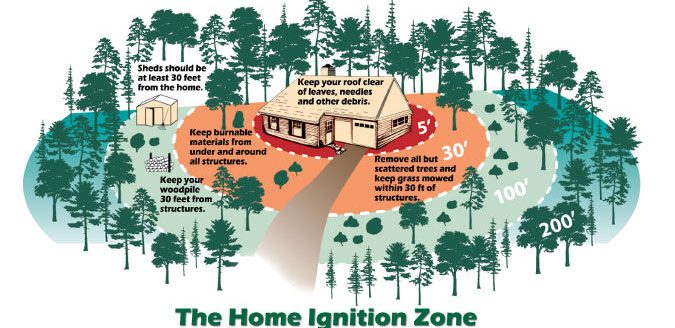Not that kind of ranch
Recently my oldest son made the comment to me that a classmate told him we make ranch.
“Make ranch?” I asked. He said, “Like the dressing.” I smiled and said, “Why would they tell you that?”
He’s apparently got some confused classmates. I was a little frazzled when he told me about the conversation and the more I have thought about it, the more I wanted to think this out and have another conversation. I think he’s been contemplating this for a while because a few weekends ago he asked if he could bring his class out for a field trip to our place and see the cows, horses and cats.
It’s hard to say why second-graders are so confused about agriculture. My best guess is their parents are so far removed from the industry that they have no clue. Some might even work in agriculture or the packing plants here in Dodge City, Kansas, but don’t convey what it is to their children. Heck, his parents grew up with agriculture and haven’t given him the best understanding of it yet, it appears.
I’ve been trying to reiterate how lucky he is to live where he does and get to do the things he is able to do on the farm. He’s gotten to see a calf being born. He’s gotten to see his dad get on more than one horse for the first time. He’s gotten to bottle feed a calf, and then tell it goodbye as it was sent to the sale barn. He’s able to walk out the back door of the house and explore a couple hundred acres of pasture, much like his own dad did in that same pasture.
Now, whether or not he fully understands what agriculture is all about is not important. I just want him to know where his food comes from. I want him to know what crop is growing in the field as we drive by. I want him to know those cattle we gather, sort and sell are going to eventually feed him and millions of other people. I want him to know what the sale barn is and what happens at the slaughterhouse. I want him to know how hard farmers of all kinds work to earn a paycheck.
Does it really matter if other folks understand what we do for a living? Farmers and ranchers are tasked with “telling their story” to those who don’t understand. While part of me thinks that is so very important, I also think we don’t need to spill our guts to people so they understand where their food comes from. That’s their job to become an educated consumer. When I’m looking for my food, clothing or other items, I educate myself. Why shouldn’t consumers of our products do the same?
The next time Shaun asks me about why we do what we do for a living, I’ll tell him all I know. We’ll also give him a job and let him learn about farming and ranching through experience. Hopefully then he can, in his own words, tell his friends and classmates about what it means to be a rancher—and not the jolly kind or the salad dressing.
How do you educate your children about agriculture?
Kylene Scott can be reached at 620-227-1804 or [email protected].


